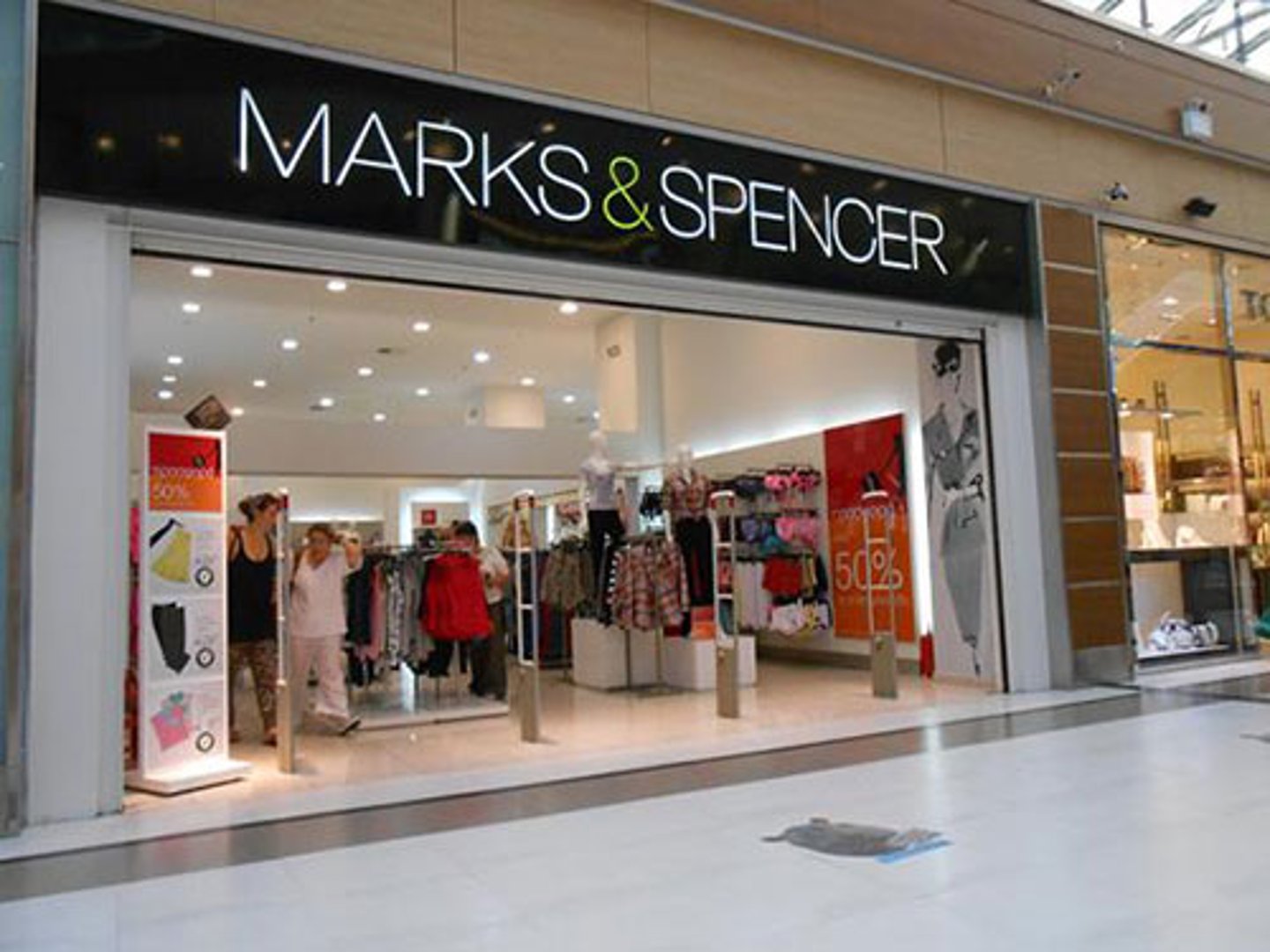Marks & Spencer bases omnichannel experience on POS platform
A British retail giant will offer new omnichannel shopping services based on its in-store POS platform.
Marks & Spencer is extending an agreement with unified commerce platform Flooid to offer store POS and unified commerce platform services for up to another five years. The retailer initially rolled out software from Flooid (formerly PCMS Group) in 2007 to run POS and self-checkout terminals across its store fleet.
Now, Marks & Spencer will leverage the Flooid unified commerce basket services platform, enabling the retailer to build omnichannel experiences in-house or with other partners. Marks & Spencer plans to quickly develop customer-facing solutions, such as mobile shopping apps and self-service kiosks, on the Flooid platform and add in-house-developed features on top.
Unified commerce operates from a custom-built, centralized framework that enables retailers to collect and merge first- and third-party data, supporting a personalized customer journey that extends across all physical and digital touchpoints.
[Read more: Building a Case for Unified Commerce]
“We originally selected PCMS to replace our aging software in all our store formats,” said Paul Airey, head of technology & digital at Marks & Spencer. “The world has changed a great deal since this time, and our solutions need to wholeheartedly support the growth of our omnichannel offering. We need to be able to serve customers however they want to shop, so we’re delighted that Flooid will enable us to grow our omnichannel capabilities using its basket services.”
“I’m delighted to be extending our strong relationship with Marks & Spencer, developed over many years,” said Martyn Osborne, CEO EMEA, Flooid. “Marks & Spencer is one of consumers’ favorite retail brands, and we’re excited to be able to support its changing business formats and ambition for change and growth by supplying our current and future innovations over the next several years.”
Marks & Spencer rolls out smart demand planning
Marks & Spencer is bolstering its omnichannel customer experience following an upgrade of its demand planning capabilities. In November 2021, the retailer implemented the Blue Yonder Luminate Planning supply chain solutions portfolio across its enterprise.
Built on the Microsoft Azure cloud platform, Luminate enables the retailer to consolidate and synchronize demand signals, as well as external variables, across its 1,000 stores. As a result, Marks & Spencer is obtaining a more accurate view into demand with artificial intelligence (AI). The retailer can now evaluate demand scenarios and use prescriptive recommendations to make more accurate supply chain decisions, from staging the right inventory through the distribution network to minimizing stock-outs and maximizing inventory turns.
Marks & Spencer also intends to quickly pivot to consumers’ rapidly changing shopping patterns in order to address demand, particularly across online channels.
Marks and Spencer Group PLC is a U.K.-based multinational retailer with headquarters in Paddington, London, England, that specializes in selling clothing, beauty, home and food products.


